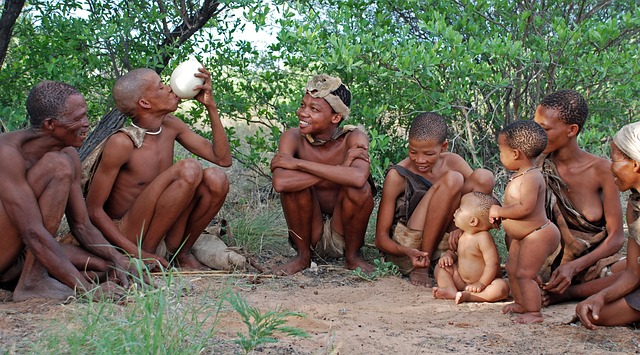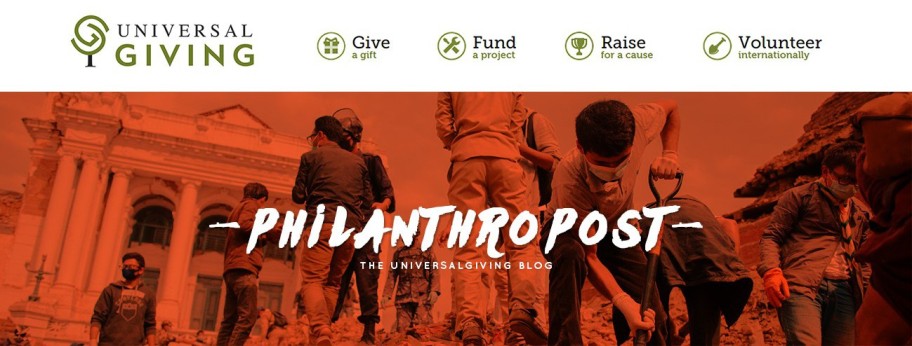Here’s a blog post from our CEO and founder, Pamela Hawley that talks about the difference between good changes and changes that mean well.
Dear Living and Giving Readers, it so important we distinguish between good changes, and changes that pretend. Please read this below — how indigenous leaders are being “protected” In Bantustan– but actually forced there to be quiet and to stem the tide of their voices.
Indigenous people have long been trampled upon, forced out, removed, or killed from their homeland. Here, Bantustans are supposed to be areas of land run by the tribal leader. Since they have leadership in place that is one of their own, they don’t need a voice. They have a leader who is of their tribe. So they don’t need the vote, they don’t need the right to speak, to voice change, to speak up for better lives.

Interestingly these new laws are available — but only in English. How many of the indigenous tribal people speak English…..
I share this with you so that all of us can raise the curtain. When people announce something positive — such as strengthening local leaders — find the there there. Find out what’s really going on. Today I share this with you that every person, especially indigenous, must have their important voice. Spread the word so we can support them to take a stand, and that leaders such as Zuma must be firmly led to change their ways. If enough of us speak, if the world speaks, he can change! And how important this is, when indigenous people really are the founders of their country…
Keep believing and helping,
Pamela
Jacob Zuma wants to strengthen traditional leaders
Critics say this will let them abuse their people
IN A community hall at the edge of the Kalahari desert, hundreds of Khoisan (also known as Bushmen) have gathered for a hearing on a new bill that could decide who rules them. Several are dressed in animal skins, with quivers of arrows slung across their backs. But despite their obvious interest, they are struggling to learn the details of the Traditional and Khoisan Leadership Bill. Few have seen a copy. It is available only online, and in English.
Even expressing their views is a problem: the parliamentary committee that travelled to the remote Northern Cape province for public hearings late last year arranged no translators for Khoi or San languages, or even for Afrikaans, the local lingua franca. Constance Mogale, the national co-ordinator for the Alliance for Rural Democracy, an activist group, watched the public hearing in Upington and shook her head in dismay. “They’re already trampling on our right to information,” she said.
Critics say the bill re-entrenches the tribal boundaries and leadership structures created by the apartheid regime, which dumped many black people in “Bantustans”, semi-autonomous homelands created to maintain the fiction that blacks did not need the vote because they were governed by a tribal chief, even if they barely knew him. The 17m people now in these areas would have no choice but to live under a traditional authority, which would have powers over land use and could be appointed by the government.
There is no shortage of examples of chiefs putting their own interests before those of their people. South Africa’s anti-corruption ombudsman recently found that in one place, Bapo ba Mogale, in the platinum belt north-west of Johannesburg, at least 600m rand ($45m) has gone missing from mining revenues meant for the community. In Limpopo province, a traditional council has been criticised for letting communal land be used by a mining firm that had given payments to the council. The new bill would give even more power to traditional leaders to make deals on behalf of their people.
For the Khoisan, the earliest surviving inhabitants of South Africa, the bill presents a different set of issues. Pushed off their land by colonists and oppressed under apartheid, their post-1994 appeals for land rights and cultural protection have largely been ignored by the ruling African National Congress. Although the new bill purports to address Khoisan gripes, it ignores the thorny issue of land (one group of Khoisan, in a recently filed court case, claims ownership of the whole of South Africa). And though traditional leaders in the former Bantustans would gain power over land, Khoisan leaders (who currently have no official recognition) would gain jurisdiction only over people. Joseph van Wyk, an organiser with Indigenous First Nation Advocacy South Africa, a non-profit, told the public hearing in Upington that his group objects to the bill because it fails to recognise the Khoisan as the first people of South Africa. But for Jacob Zuma, the president (pictured), the bill is a handy way to empower the rural bigwigs whose electoral support he craves.
This article appeared in the Middle East and Africa section of the print edition under the headline “Hail to the chiefs”
